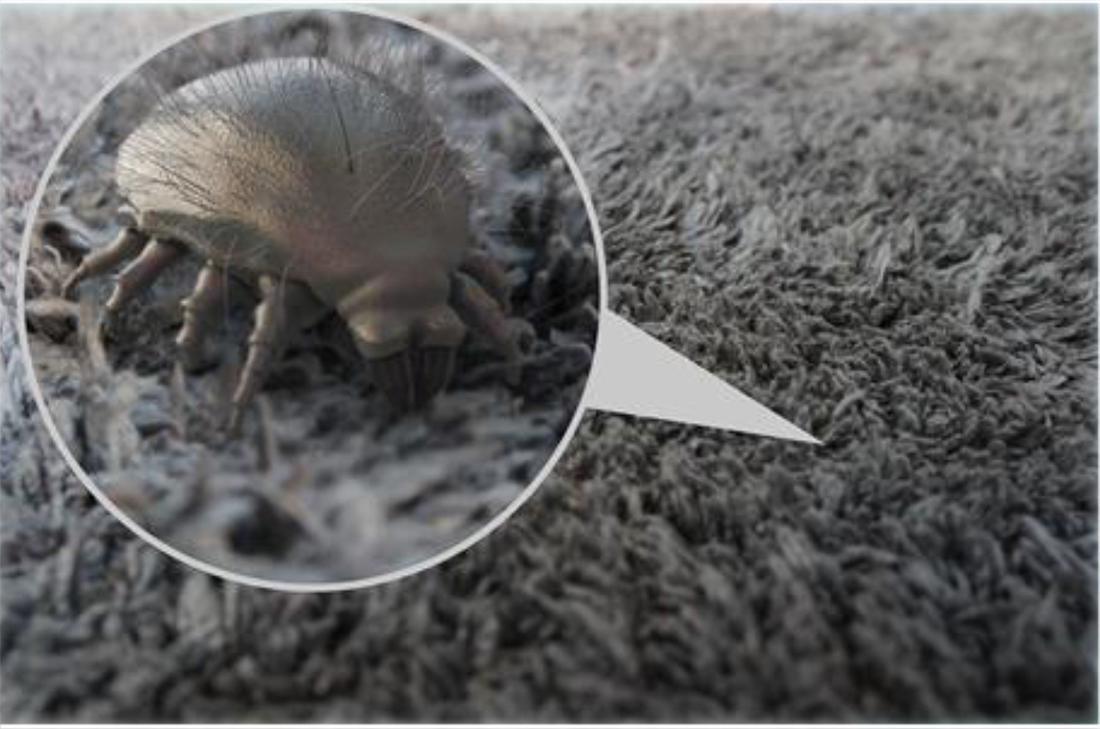What is Allergic Rhinitis (AR)?
Allergic rhinitis, also known as hay fever, is a type of inflammation in the nose which occurs when the immune system overreacts to allergens in the air. For instance, if you have an allergy to pollen, your immune system identifies pollen as an invader or allergen. Your immune system overreacts by producing antibodies called immunoglobulins E (IgE). These antibodies travel to cells that release HISTAMINE and other chemicals, causing an allergic reaction with symptoms
How do you know that you have Allergic Rhinitis?
Symptoms include:
- Sneezing
- Sensitive to
- Nose stuffiness
- Irritants such as
- Runny nose
- Smoke, perfume
- Itchy eyes, nose, or cold, dry air ears, throat.
“No cure for Allergic Rhinitis but you can control at your own will”
Sign of allergic rhinitis



Treatment for Allergic Rhinitis
Treatment is to understanding the recurrent and prolonged nature of the disease process. While symptoms can be improved over the short-term with treatment, commitment to long-term treatment with follow-up to exclude complications and optimise drug dosage is crucial. Stopping the treatment completely just when symptoms are receding would almost certainly bring them back again.
- Avoidance of allergen
House dust mite avoidance: Change and wash bed sheets, pillowcase every week, pillow-preferably hot water. Removing carpets, drapes, wall hangings and other dust accumulators. Wet mop and vacuum frequently. Don’t sweep!!! Replace stuff toys (eg. Fluffy toys) with metal, wooden and plastic ones. Dehumidifiers and HEPA air purifiers/filters.Pets: People allergic to their pets should remove the animals from the house, at least keep the animals out of the bedroom.
- Medication
Nasal steroid sprays, topical decongestants, antihistamine tablets etc - Diet modifications
AVOID/REDUCE MORE Dairy product eg. milk, cheese, creamy food Omega-3 fats food eg. flaxseeds, soybeans, cold-water fish like salmon &cod Eggs (egg white in particular) Food rich in Quercetin eg. Onion, broccoli, cherries, citrus fruits, tea, berries, apples Sugar Food rich in Vitamin C eg kiwi, papaya, guava, sweet potato, Spicy food Probiotics Processed food, trans fat, refined vegetable oil, additives Any types of food high in antioxidant & anti-inflammatory properties Cold drinks & food - Surgery
Volume reduction surgery of turbinates done using collator or rhinoplasty done to relieve nasal obstruction resulting from swollen turbinates for the long term.Also submucosal diathermy ,radiofrequency or coblation.This will only relieve symptoms and not cure. Trimming of the inferior turbinate (TIT) is the traditional method and carries more morbidity. - Immunotherapy
Taken when allergies cannot be controlled by avoidance or medications. Taken over a period of 1-3 years can help people build up a tolerance to their allergen triggers.
The complication of Allergic Rhinitis
- Otitis media with effusion, Eustachian dysfunction.
- Adenoid hypertrophy, tonsillar hypertrophy, recurrent tonsillitis.
- Sinusitis, nasal polyps.
- Poor performance in school.
- Snoring and sleep apnea.




